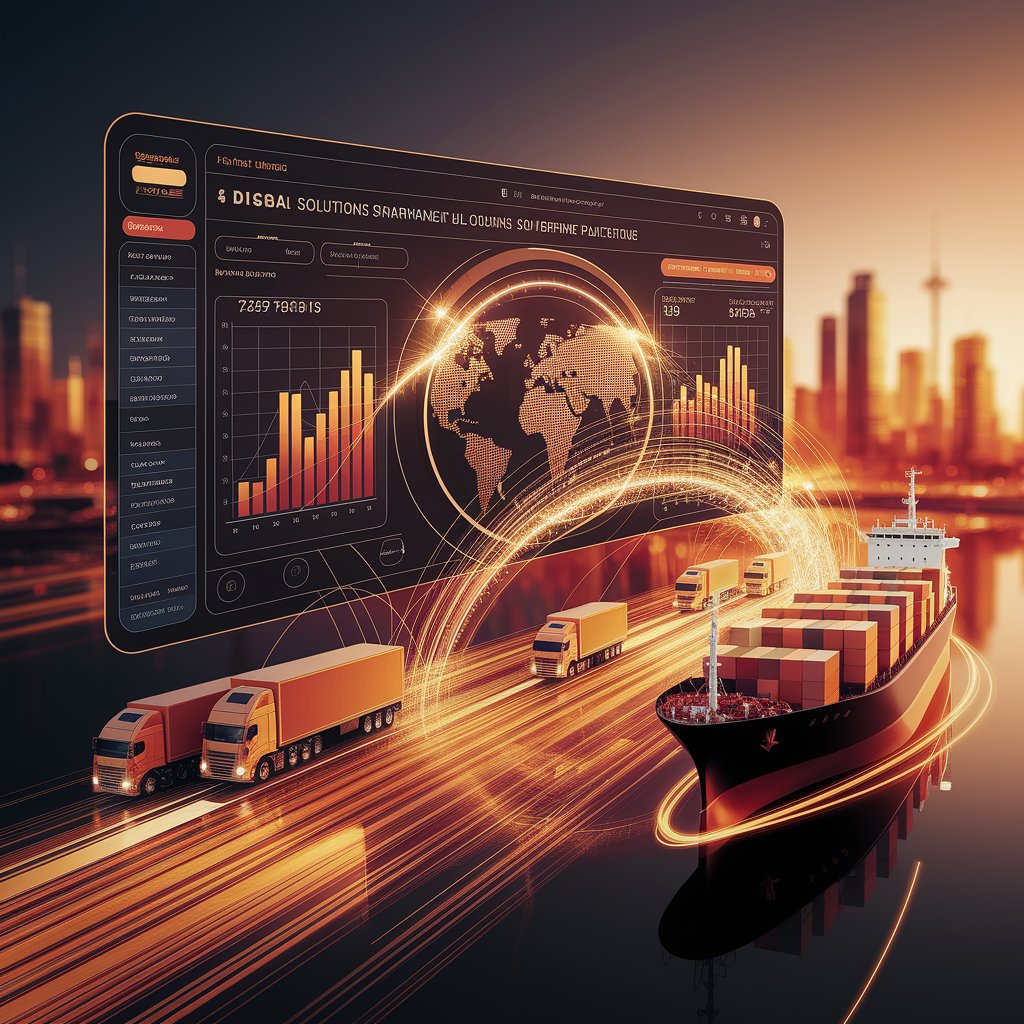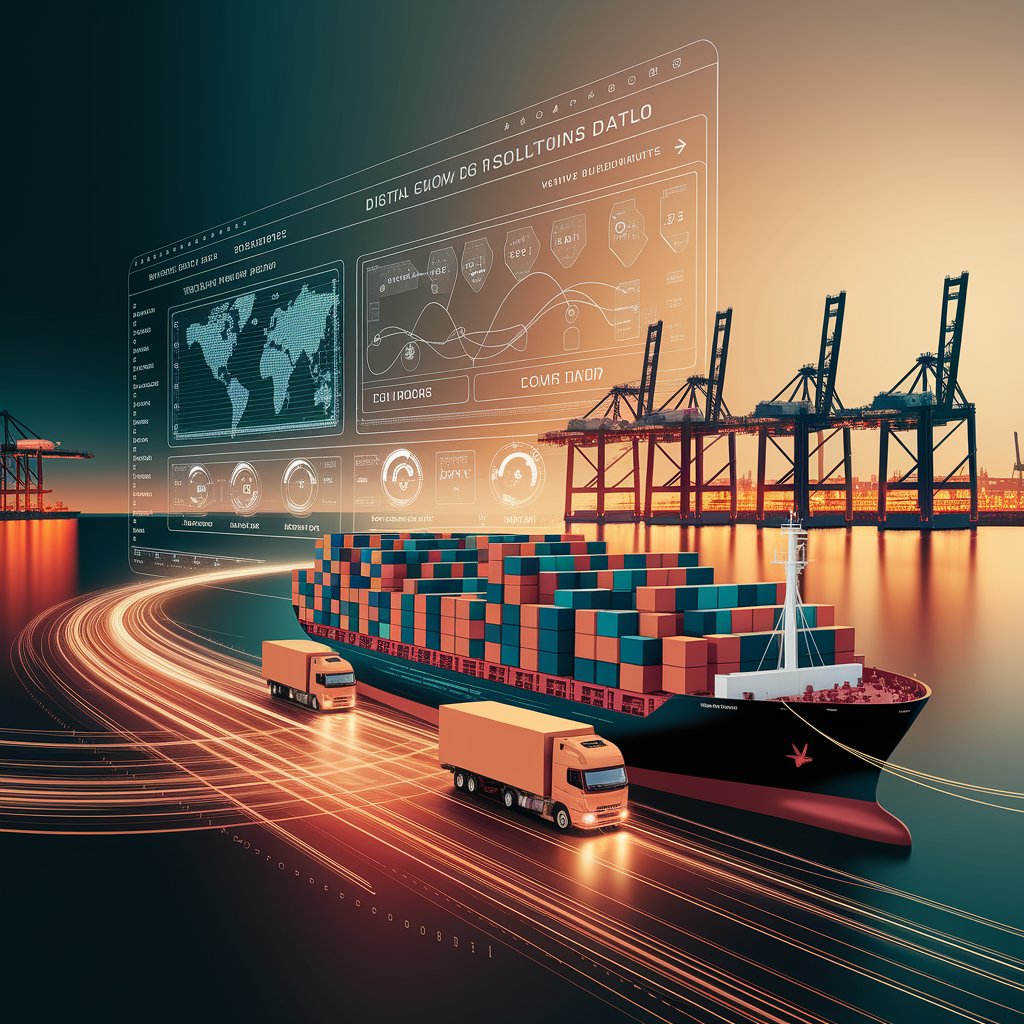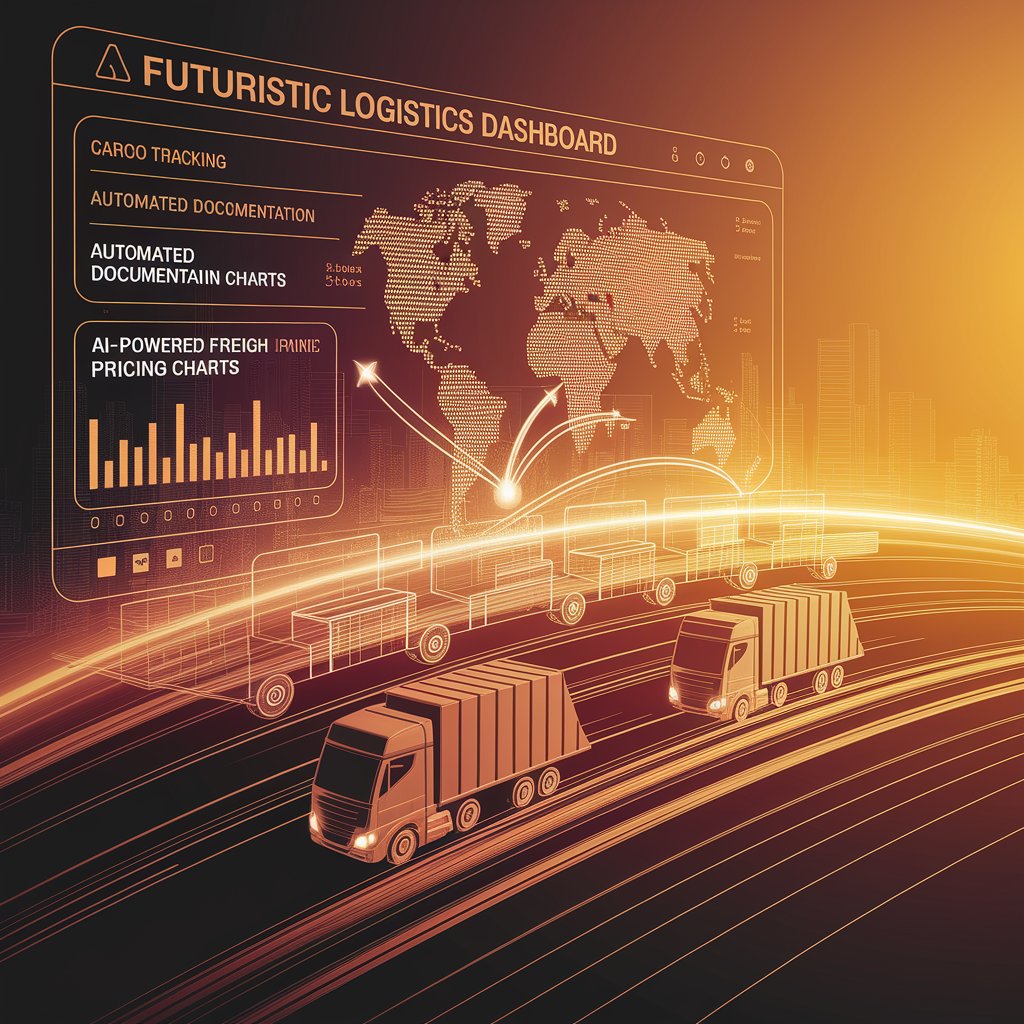Digital Cargo Solutions: Transforming Global Logistics with Technology

Introduction
That’s where digital cargo solutions come in. By digitizing freight operations with automation, AI, and real-time data, logistics providers can cut costs, improve visibility, and deliver more reliable services in competitive markets.
What Are Digital Cargo Solutions?
Digital cargo solutions are technology platforms that manage and optimize cargo operations electronically. They connect shippers, carriers, freight forwarders, and customers through integrated systems that replace manual workflows with automation, analytics, and digital collaboration.
Examples include:
- Online cargo booking systems
- Digital documentation (e-BL, e-invoices)
- Real-time cargo tracking platforms
- AI-powered freight rate optimization tools
- Automated customs compliance solutions

Key Features of Digital Cargo Solutions
- Real-Time Cargo Tracking – IoT and GPS devices provide instant visibility.
- Automated Documentation – Eliminate paperwork with digital bills of lading and invoices.
- Freight Rate Optimization – AI-driven pricing tools suggest the most competitive rates.
- Multi-Modal Integration – Manage shipments across air, sea, road, and rail in one platform.
- Predictive Analytics – Forecast disruptions, demand peaks, and costs.
- Customer Portals – Shippers and clients access self-service dashboards for transparency.
Benefits of Digital Cargo Solutions 📈
- Efficiency Gains – Eliminate manual processes and reduce delays.
- Cost Savings – Optimize routes, pricing, and resource allocation.
- Improved Visibility – End-to-end tracking for cargo across multiple modes.
- Regulatory Compliance – Automated filings reduce errors and penalties.
- Customer Satisfaction – Faster bookings, real-time updates, and reliable service.
- Scalability – Handle higher cargo volumes without increasing headcount.

Real-World Applications
- Air Cargo – Automating booking and load optimization for airlines.
- Maritime Shipping – Digital bills of lading and port scheduling systems.
- Freight Forwarders – Using cloud-based platforms to manage multiple carriers.
- E-commerce Logistics – Offering instant tracking and flexible delivery options.
- Cold Chain Cargo – IoT-enabled temperature monitoring for sensitive shipments.
Challenges in Implementing Digital Cargo Solutions
- Integration with Legacy Systems – Many logistics firms still run on outdated platforms.
- High Initial Costs – Digital transformation requires significant investment.
- Data Accuracy – Poor data quality undermines system reliability.
- Cybersecurity Risks – Cargo data must be protected against digital threats.
- Change Resistance – Staff and partners may resist moving away from manual processes.

Best Practices for Success
- Start with Core Functions – Automate high-volume processes first (e.g., booking, tracking).
- Ensure Data Quality – Clean and standardize data before migration.
- Integrate Across Platforms – Connect ERP, TMS, and WMS for seamless workflows.
- Prioritize User Adoption – Train staff and partners for smooth transitions.
- Measure ROI – Track cost savings, faster lead times, and improved customer satisfaction.
- Plan for Scalability – Choose platforms that can grow with your operations.
The Future of Digital Cargo Solutions 🚀
- AI-Driven Optimization – Smarter decision-making for routes, pricing, and capacity.
- Blockchain Integration – Secure, tamper-proof digital trade documentation.
- Digital Twins – Simulating cargo flows to identify inefficiencies before execution.
- Green Cargo Solutions – Platforms that integrate sustainability and carbon tracking.
- Global Cargo Marketplaces – Real-time digital platforms connecting shippers and carriers worldwide.
Conclusion
Digital cargo solutions are no longer optional—they’re essential for competitive logistics. By replacing manual processes with automation, analytics, and real-time visibility, companies can reduce costs, boost efficiency, and meet rising customer expectations.
In an era defined by speed and uncertainty, investing in digital cargo solutions is the key to building smarter, greener, and more resilient supply chains.
